Blog
Press Release: September 16, 2024
The Role of Advisory Committees in Bible Translation
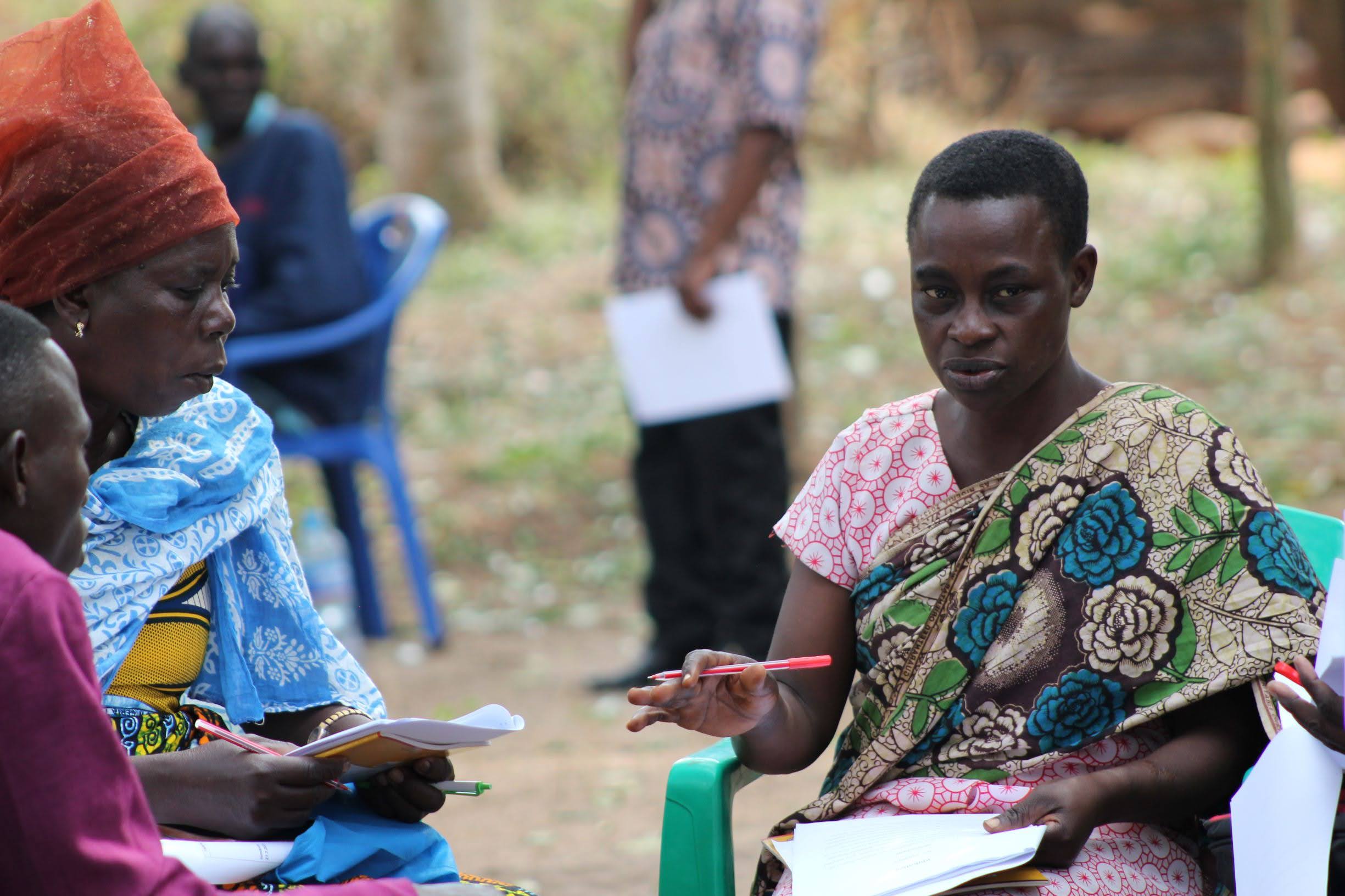
When we think about Bible translation, it’s easy to imagine a team of translators hard at work, carefully translating the Word of God from one language into another. But what we don’t always see is the vital role that local communities play in the translation process. At the heart of this involvement are advisory committees—groups that ensure the translations reflect the voices, cultures, and spiritual needs of the entire community.
In many Bible translation projects, advisory committees are the bridge between the translation teams and the people who will use the Bible. They represent the community’s values, help make important decisions, and guide the process to ensure the translation will resonate with everyone. Let’s explore why advisory committees are so important and how they’ve made a big impact on a translation project in Tanzania.
Why Advisory Committees Matter
A Bible translation isn’t just about getting the words right—it’s about making sure the translation is meaningful and relevant to the people who will read it. This requires deep cultural insight and a connection to the community. Advisory committees are essential because they provide this insight. They ensure that the Bible reflects the heart and culture of the people, not just the perspective of one group or church.
In some projects, without advisory committees, the translation might be dominated by one denomination, or one group, leaving others feeling disconnected from the final product. When an advisory committee is involved, the goal is for the entire community to have a voice. This helps create a Bible that truly belongs to everyone.
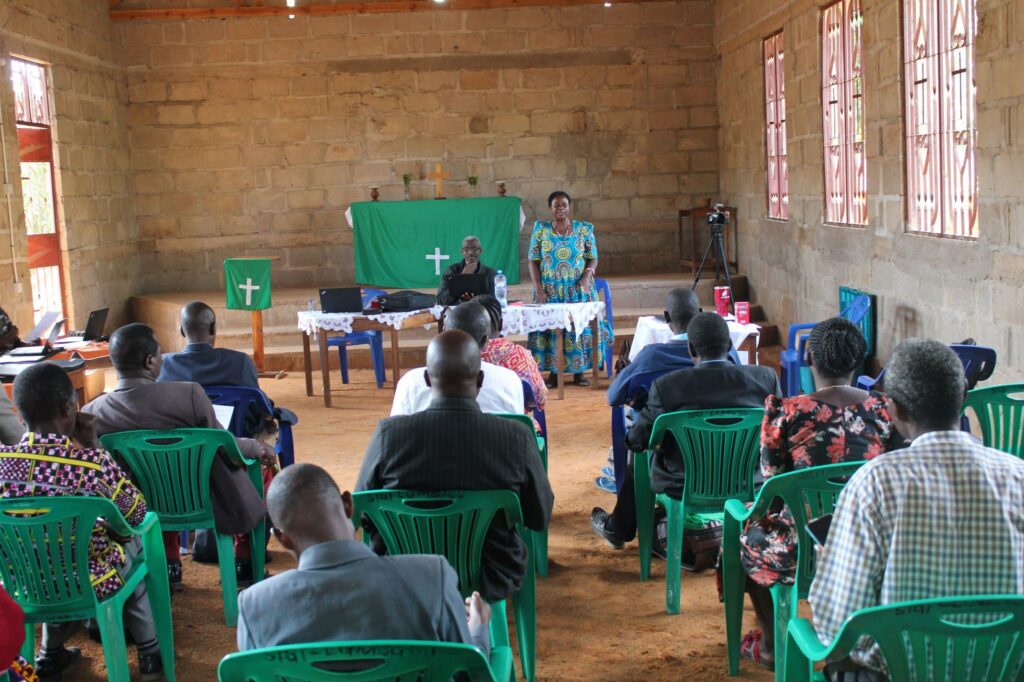
The Kerewe Translation Project: A Community Success Story
One great example of how advisory committees work can be seen in the Kerewe Bible translation project in Tanzania. Initially, the Lutheran church in Tanzania led the translation efforts. They were instrumental in getting the project off the ground and played a big role in raising awareness and gathering input from local people.
Earlier this year, the Lutheran church did something remarkable: they handed over control of the project to an advisory committee. The committee’s job was to ensure the translation reflected the entire community’s needs, not just one group’s perspective.
One of the first big decisions the advisory committee made was choosing which book of the Bible to translate next. The Lutheran bishop had one idea, the project manager had another, but the advisory committee had a different suggestion. Everyone agreed that the advisory committee should make the call. The result? The Book of Jude was translated, and in just one week, the team had completed it. This was a huge moment for the community—it showed that their input mattered and that they had real ownership of the translation process.
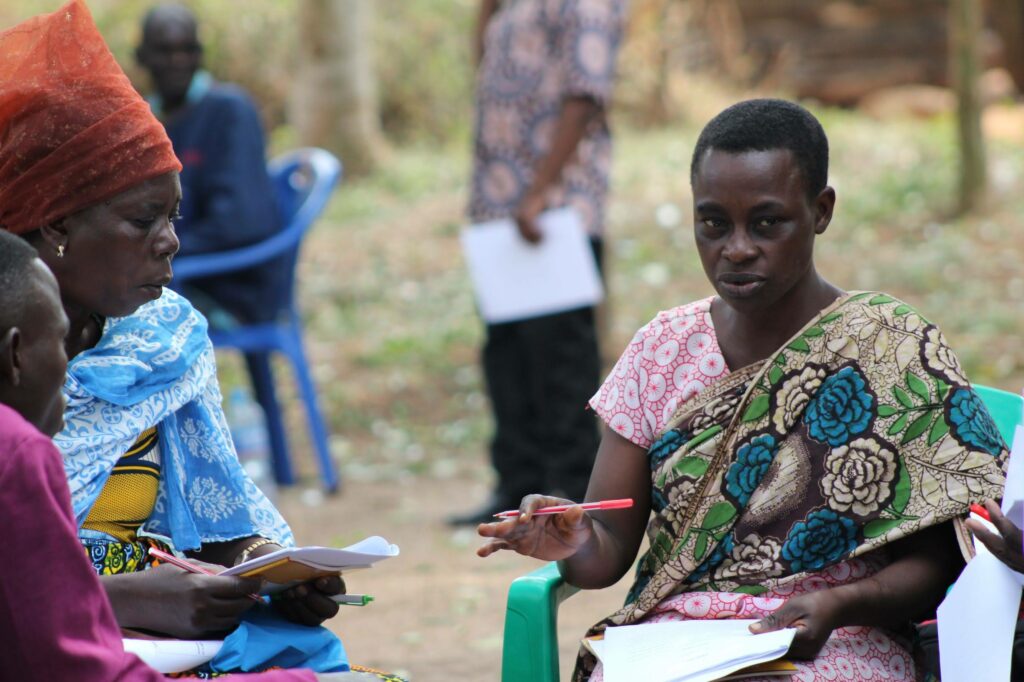
Removing Barriers to Community Ownership
One of the greatest benefits of advisory committees is that they give local communities true ownership of the translation. When people feel like their voice matters, they’re more likely to embrace the final product. The translation isn’t just something handed down to them—it’s something they helped create.
For the Kerewe community, this sense of ownership became real when the advisory committee was given the power to make major decisions, like which books to translate. By handing leadership over to the advisory committee, the Lutheran church showed that they trusted the community to take the lead. This shift in responsibility made the project feel more personal and more deeply connected to the people it was meant to serve.
Looking Ahead
Advisory committees are becoming more and more important in Bible translation projects around the world. They help ensure that translations are culturally relevant, spiritually meaningful, and truly owned by the community.
Bible translation is about more than just language—it’s about relationships and trust. Advisory committees provide that connection between translators and the people who will use the Bible, ensuring that the final product reflects the voices of the people it serves.
By giving language communities a real say in the process, Bible translation becomes a collaborative effort that honors both the Word of God and the people receiving it. And with advisory committees at the helm, these translations will continue to impact lives for generations to come.
Learn more about Kerewe Bible Translation.

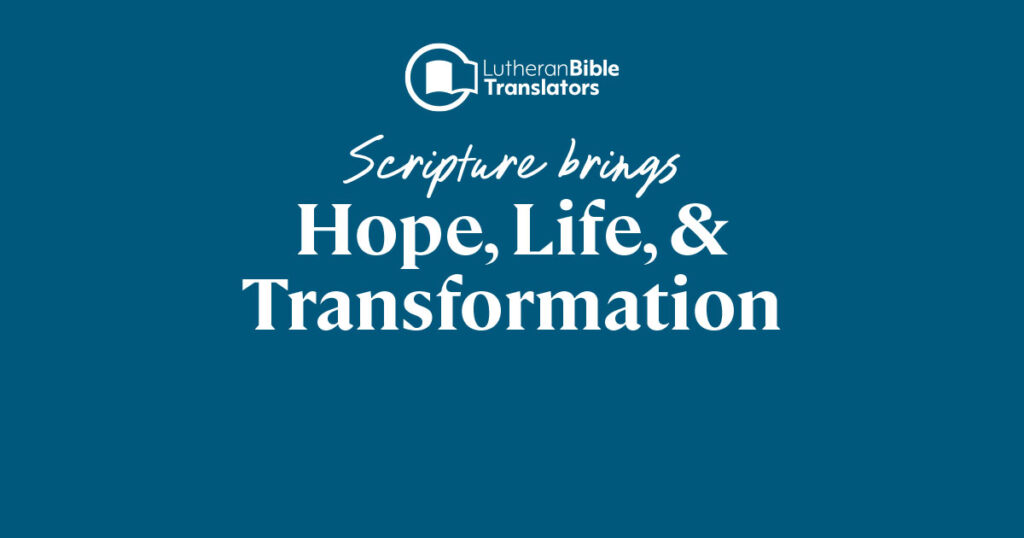

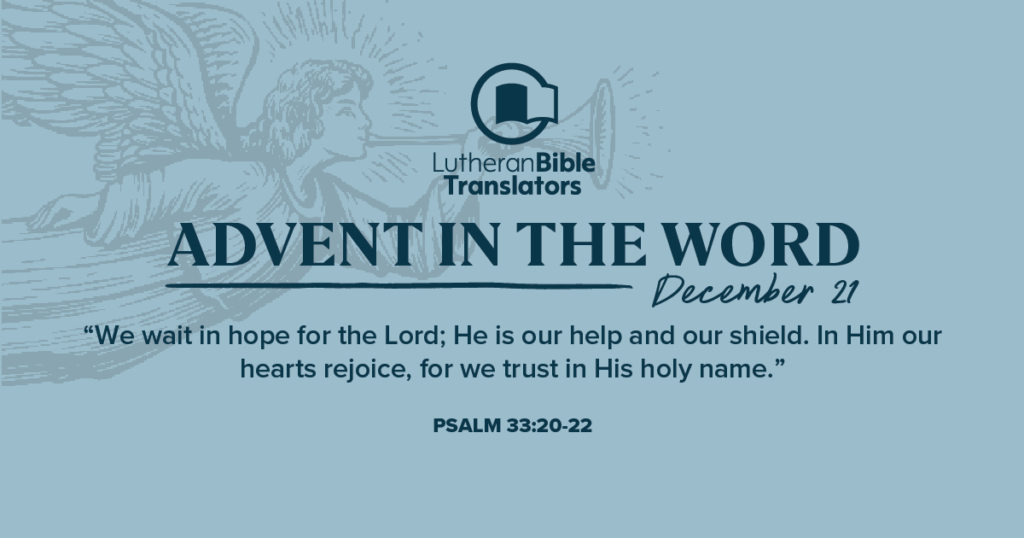
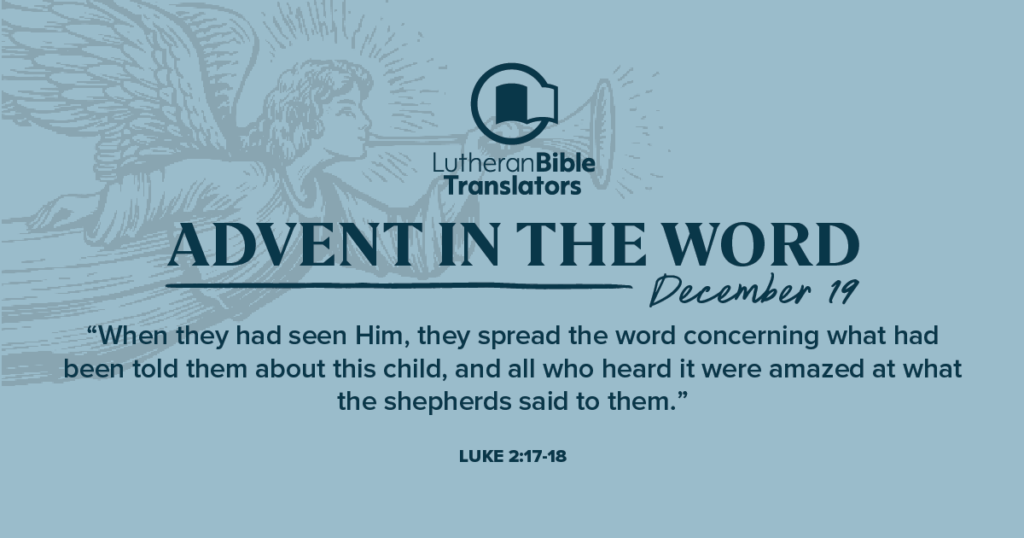

Leave a Reply
You must be logged in to post a comment.